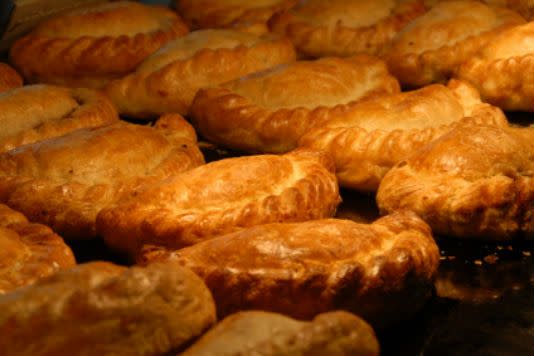Campaigners fight 'pasty tax' VAT increase

There were several controversial announcements in George Osborne’s 2012 Budget. A small but significant one for the food industry was the addition of VAT to the sale of hot takeaway food that isn’t already liable for the tax.
The decision has caused consternation everywhere from Greggs (which saw more than £30 million wiped off its share price after the Budget) to smaller bakers. Freshly baked bread is exempt, the Government has confirmed, but VAT will now apply to foods such as sausage rolls and pasties.
Pasty problem
There is so much concern about the possible effect on the pasty industry in the south west of England, particularly in Cornwall, that several social media campaigns have been launched to get the decision reversed.
Cornish councillor Alex Folkes was first out of the blocks with his Say No To The Pasty Tax group on Facebook. An e-petition has also been launched, which to date has over 1,000 signatories.
And south-western accountants Bishop Fleming have also piled in. Their director of tax Robert Bailey said: “Unless a Cornish baker refuses to sell a warm pasty until it has cooled, or keeps his shop at equatorial ambient temperature, the full 20% VAT rate will apply. That would mean having a two-tier pasty-pricing: cheaper ones that have cooled, and price plus 20% for those that are still warmer than the shop temperature.”
It’s unclear how tax officials would actually police the tax. In 2007, Yorkshire bakery chain Ainsleys won a court battle over not charging VAT on its fresh baked products, claiming it was the customers’ decision to eat them hot or cold.
The Government says the move is designed to ensure “that the sale of all hot food is taxed consistently at the standard rate”. However, it will also provide an estimated £120 million a year boost to Treasury coffers by 2017.
It’s also sent tax officials scurrying away to define what comes under the banner of 'bread'. Does it include croissants and hot cross buns, to name two examples?
Protestors have until 4th May to stop the change, otherwise it will become law by October.
What do you think of the 'pasty tax'? Share your views in the Comments section below.
Baked goodness
Win a trip of a lifetime to India


